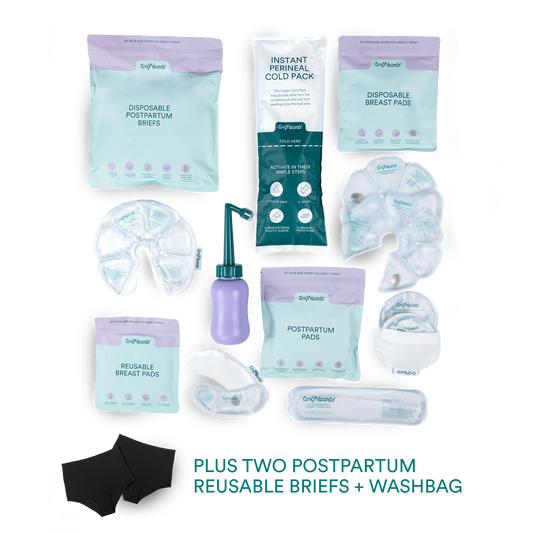I am often asked, “why paediatric nursing?”
How can you bear it? Isn’t it sad working with sick children every day?
Well, the answer is yes. It is sad seeing babies and children who are unwell and injured. And often just as sad to see their parents and loved ones grieve over their little ones.
But with the job also comes times of immense joy.

Children have an innate ability to smile, play, pull faces, tell jokes, and laugh, even when they cannot breathe properly or are suffering a broken limb. They do not whine and nag like most adult patients. They are strong and trusting. They are innocent and often naive to what is going on around them in the hustle and bustle of the emergency room.
Yes, they do crash quickly, but they also recover fast as well. Before you know it, the listless, pale child you have been nursing is bounding around the ward asking you to play another game of connect four! And let us not forget that ‘the best things come in small packages’. Who can resist a babbling baby, cheeky toddler, or happy young kid!
You start the shift by checking the resuscitation equipment, receiving a handover of all the patients in the department, and then you hit the ground running! Juggling between the patients who have been left in your care and bringing through new patients from the waiting room. Picking up their file, calling their names out and bringing them through to assess them.
What will it be this time? Coughs and rashes, fractures and dislocations, burns and lacerations, seizures and gastro, breathing difficulties? You see it all! And when working with paediatric patients, the real art of nursing comes to mind. Trying different ways to engage the child and lay their fears to rest. Making fishes out of latex gloves, playing pretend with their teddy, peek a boo with the stethoscope, or calling on your most trusted companion: bubbles, bubbles and more bubbles!
But amongst the craziness, you are ever conscious that the ‘Red Phone’ could ring anytime. The emergency phone to tell you a Priority One Ambulance is on its way and to prepare for resuscitation. Never quite knowing what is going to meet you as those doors slide open, your heart bounding out of its chest, ready to jump into action.
As the ambulance draws nearer, the sirens grow louder and louder; the team stands perched in their spots anxious for what is to come. And as the doors open, the sterile room can be filled in an instant with the chilling cries of a mother following her child, lifeless on a trolley, being wheeled in by the paramedics, one on top performing compressions to pump the toddler's heart.
At that moment the rawness sets in, and you have to find a way to filter out everything else around you and concentrate on your task at hand. As you give another round of medication, you see the mother drop to her knees, pleading for her child to wake up, for you to save him. The haunting wails that remain deep within you always. Your tears begin to well but must not be shown, forever choked back.
You are tired, both emotionally and physically, your feet ache from standing all day, your bladder feels like its going to pop, your tummy rumbles from missing tea break, and you are sleep deprived from the hours of shift work; but at that moment, nothing else matters.
You find a way to keep going.
In those cases where the parents are told there is nothing more we can do, yes it can feel like the hardest job in the world.
But the truth is, being a paediatric nurse is a privilege. It is a privilege to be present in those deepest, darkest hours. To be the one to rest a hand on a grieving parents shoulder, and to care for their child for the last time. To hold the baby or play with the scared toddler whose parents can’t be near. To reassure the nine-year-old with the broken leg, and offer an ear to the teenager who is battling depression.

Each day, before starting my shift and entering the glass sliding doors of the emergency department, I pause and try to clear my mind of all that is going on in my life, asking for the strength and guidance to support those that I care for today.
Not a day goes by where I don’t count my blessings, to be part of a profession that is making a difference, every day, to the lives of these families. And as a paediatric First Aid trainer, I get to equip parents and carers with the knowledge and skills to be the life savers in their own families.







